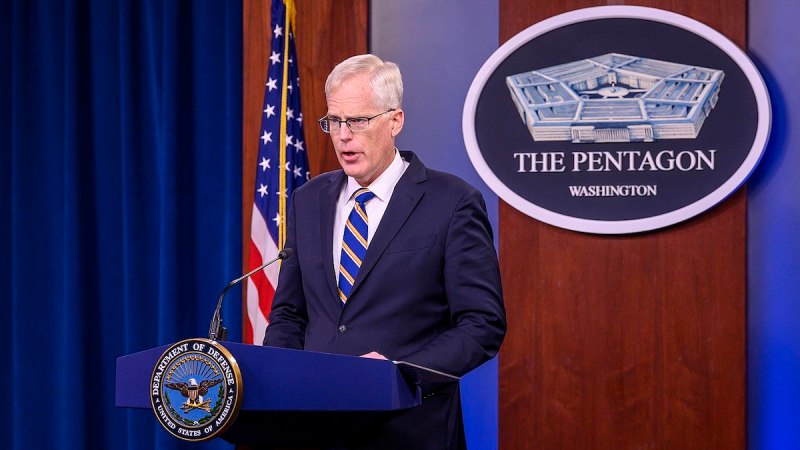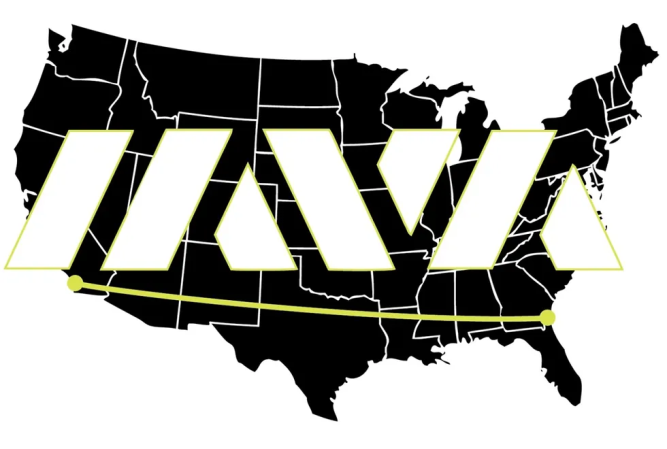The Trump administration has been seeking closer ties with India and trying to further isolate Iran, but the desire to do the former may be complicated by efforts to do the latter.
The US’s latest move to increase pressure on Iran has been to ask some of the country’s biggest oil customers to cut their purchases of Tehran’s crude — including India, one of the largest importers of Iranian oil.
“Sanctions are coming (on Iran), and we’re going forward on that, and with India and the US building strong relationships we hoped that they would lessen their dependence on Iran,” US Ambassador to the UN Nikki Haley told reporters after a meeting with Indian Prime Minister Narendra Modi on June 27, 2018.
“Prime Minister Modi very much understands where we are with Iran. He didn’t question it. He didn’t criticize it,” Haley said. “He understood it, and he also understands that (India’s) relationship with the US is strong and important and needs to stay that way.”

(U.S. Mission Photo by Eric Bridiers)
The request comes after President Donald Trump withdrew the US from the Iran nuclear deal, signed by the US, Iran, and five other major world powers in 2015.
Trump said the US would reimpose the sanctions on Iran that were suspended under that deal, and while India has said it adheres to UN sanctions rather than unilateral US sanctions, the oil ministry in New Delhi has reportedly asked refiners to prepare for a “drastic reduction or zero” imports of Iranian oil starting in November 2018.
But Haley also said the US would not try to quash India’s deal with Iran to develop the port at Chabahar, Iran’s only oceanic port and a vital point of access to Afghanistan and Central Asia.
“We know the port has to happen and the US is going to work with India to do that,” Haley said. “We know that [India’s] being a great partner with us in Afghanistan and really trying to assist the US and trying to do more. The port’s vital in trying to do that.”
“We realize we’re threading a needle when we do that,” Haley said of the effort to balance between isolating Iran and developing Chabahar.
Chabahar is strategically important for India. The port allows Indian goods to reach Afghanistan without going through Pakistan. The port also gives Afghanistan more direct access to India, opening a path for trade that could help stabilize the war-torn country and diminish the appeal of the illicit drug trade. Both India and Afghanistan have had contentious relations with Pakistan, which currently allows overland trade between the two countries to cross its territory.
Rail and road routes would allow Indian goods to travel from Chabahar further north to Central Asian markets.
The port-development project was officially launched in 2016 but has faced numerous delays. Iran agreed to lease operational control to India for 18 months in February 2018, and India hopes to have the port fully operational by 2019, but there has been little major traffic there aside from wheat donated by India. The first shipments of dried fruit from Afghanistan to India are expected in July 2018.

In the weeks since Trump withdrew the US from the Iran nuclear deal, more uncertainty has piled up for the port and the countries hoping to do business there.
Haley said the impact of Iran-related sanctions on Indian companies would be discussed when the two countries’ foreign and defense ministers met in Washington. That meeting was scheduled for July 2018 but has been delayed, likely until later in the year.
US officials have said the US is unlikely to grant waivers for foreign companies doing business with Iran, complicating matters for Indian firms. And in the wake of Trump’s decision to exit the nuclear deal in May, contracts to build facilities at Chabahar were delayed as bankers sought more details from Washington.
Afghan workers and businesses hoping to do work at and through the port were also left hanging. Afghan government officials have asked for the port to exempt from looming anti-Iran sanctions.
“President Trump’s decision has brought us back to the drawing board and we will have to renegotiate terms and conditions on using Chabahar,” a senior Indian diplomat told Reuters in late May 2018. “It is a route that can change the way India-Iran-Afghanistan do business, but for now everything is in a state of uncertainty.”
This article originally appeared on Business Insider. Follow @BusinessInsider on Twitter.


























